Polestar reports increased losses for the 2023 fiscal year as the company faces renewed questions about its long-term future amid struggles with cash burn and slumping EV demand.
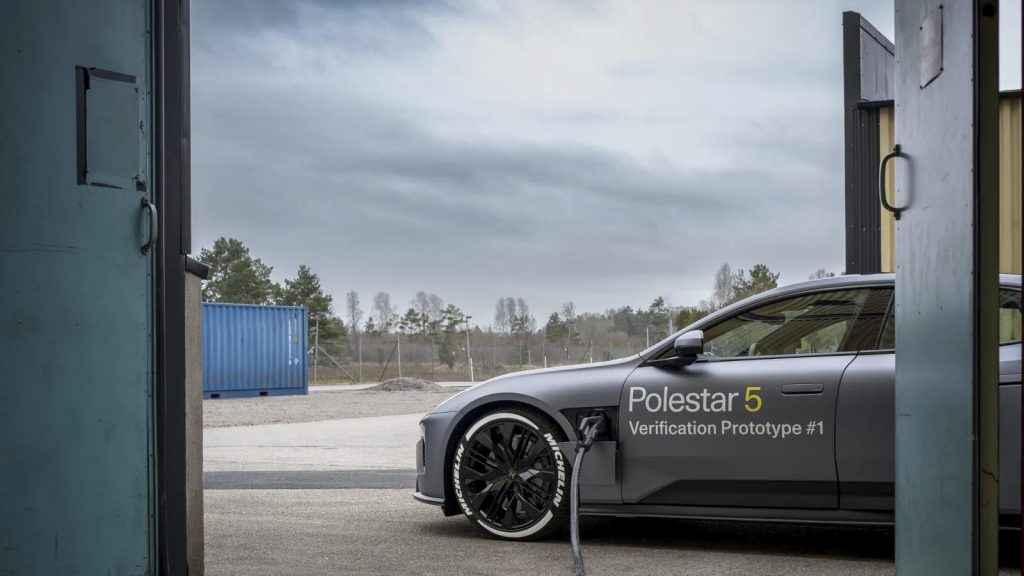
Polestar is facing renewed questions about its long-term survival after revealing massive financial losses in 2023.
When Volvo spun off Polestar into an EV-focused company two years ago, the firm was confident that Polestar would be able to carve a slice of the market for itself thanks to a lineup of EVs that would offer an enviable blend of performance, luxury, and all-electric range. However, things have not been going well for Polestar since the decision to spin it off was made.
Demand for EVs is slowing down, and one of the effects of this slowing demand is declining profits with Polestar repeatedly delaying the release of its quarterly profit reports citing accounting misstatements in 2021 and 2022. The losses at Polestar are growing and its newly released 2023 quarterly profit report indicates that the company’s losses are reaching critical mass.
Polestar reports increased 2023 losses
In its report, Polestar said that it reported $2.38 billion in revenue during fiscal year 2023 which is down 3% from the $2.45 billion the firm reported in 2022. Polestar says that part of this decrease came from reduced sales in carbon credits and higher discounts that it had to put on some of its models to move them off the lot faster. The company also reported a total loss of $414.7 million for the year which erased a reported $98.4 gross profit that Polestar reported a year earlier.
The report also delivered more grim news with Polestar admitting that it had a net loss of $1.17 billion for 2023 which is a noticeable bump up from the $481.5 million loss that it had in 2022. In addition to the growing pool of lost money, the company also had to lower the valued assets surrounding the Polestar 2 model by $329.7 million which resulted in a $240.5 million impairment charge. These massive losses are raising questions about the ability of Polestar to function in its current form and some are suggesting that the future of Polestar itself is in jeopardy.
More Polestar Stories
- All-Electric Polestar 4 Makes Its North American Debut in the Big Apple
- Polestar Betting on New Battery That Will Charge Nearly as Fast as You Can Fill Your Gas Tank
- Polestar 5 Prototype Using New Battery That Can Charge Up in 10 Minutes
Losses are forcing Polestar to make tough decisions
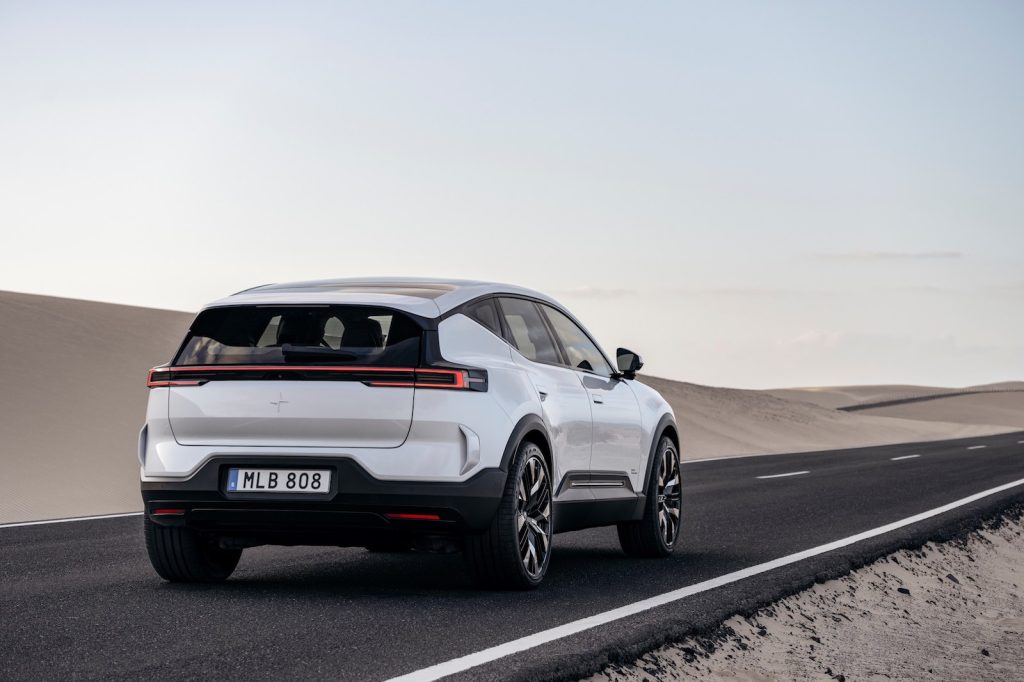
Polestar’s mounting losses are forcing the company to make tough decisions including the development of future products and reductions in spending.
The massive losses helped push Polestar’s stock down to a paltry 0.76 cents in early morning trading with this latest loss adding more pain to a 63% decline in shares for 2024 with the stock down by 92% when compared to its all-time high. These losses and the company’s continued struggle with cash burn are forcing Polestar to make tough decisions about some of its production plans. That includes the launch of several of its future models as well as delays in developing other future products to save cash. Polestar even indefinitely delayed the media preview of the Polestar 3 in an attempt to reduce expenses.
These delays are raising questions about Polestar’s ability to continue being independent of Volvo too, with the brand being cut off from funding when it was spun off two years ago. This funding helped provide a steady stream of cash for Polestar but without the additional money, Polestar is now being forced to contend with the challenges of a slowing EV market on its own. The company is still confident that it can reverse its fortunes with models like the Polestar 3 and 4. Both of these models are targeting a wider pool of EV buyers and the duo will be expected to play a key role in helping the company reach its estimated sales target of 155,000 vehicles sold for 2024. That target is noticeably higher than the under 55,000 units that the company sold in 2023.
Tariffs add more weight to Polestar’s ball and chain
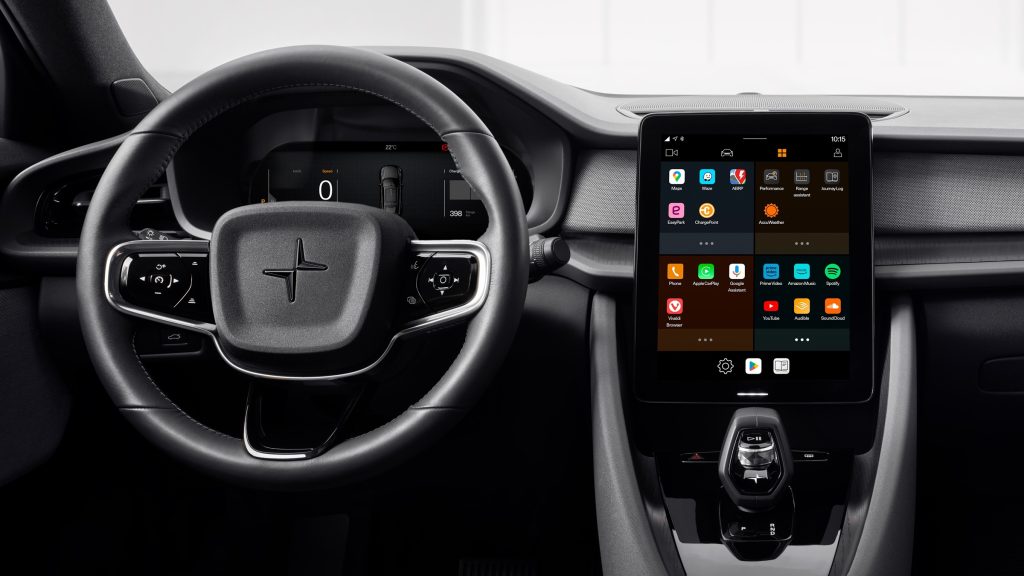
Recently announced tariffs on Chinese EVs are adding more challenges to Polestar with the company forced to open new production lines outside of China to avoid the charge.
In addition to Polestar’s mounting financial losses, the company is also dealing with the challenges that have arisen due to the Biden administration recently putting a 100% tariff on all Chinese EVs. Polestar currently builds the majority of its cars in China, but the increased tariffs are forcing it to react quickly with the company confirming that it will be opening up a new production line in South Carolina this summer to try and keep the Polestar 3 from being hit with the stricter tariff rates. The Polestar 4 is also slated to begin production in South Korea in a related move to keep that model from also being hit with the new tariff.
Polestar is not the only Geely-owned brand that’s facing problems when it comes to the new challenges brought by these increased tariffs. Volvo for example recently confirmed that it’s delaying the launch of the EX30 SUV due to the beefed-up tariffs with the SUV now slated to make its appearance in the U.S. in 2025. As for Polestar, these tightened tariffs are adding more to the company’s long list of ongoing challenges and it remains to be seen if Polestar can weather the storm long enough to potentially reap the benefits of its long-term goals.


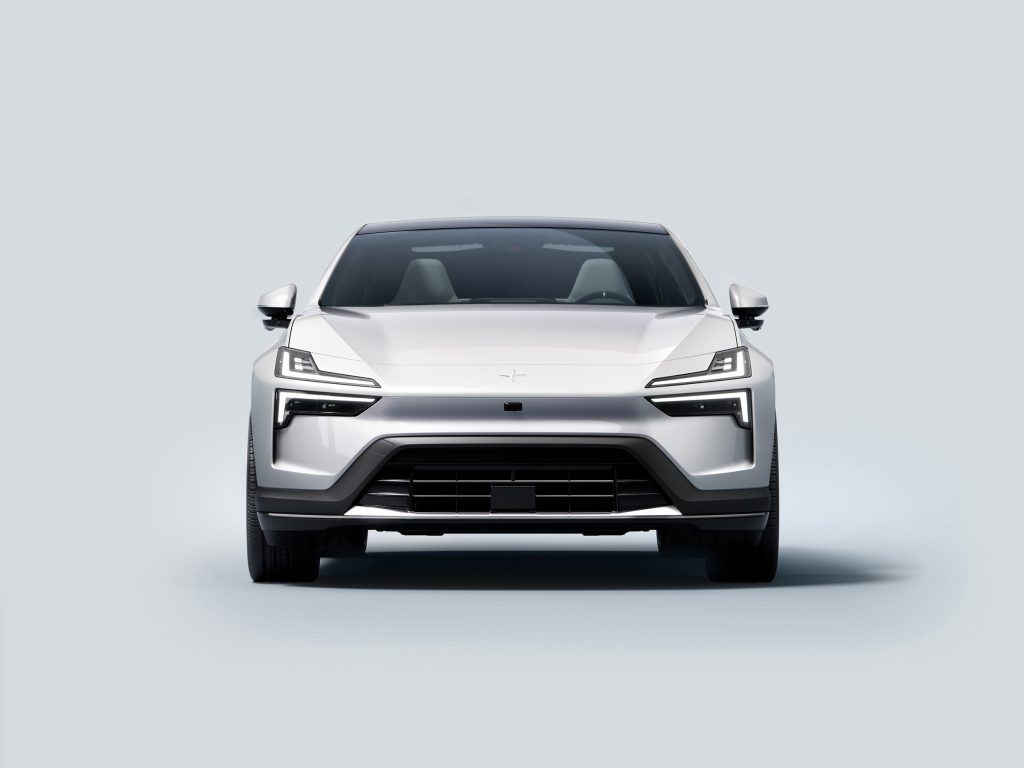
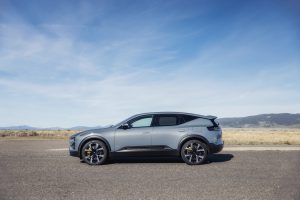


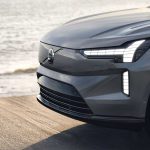




Well, they are terrrible cars.
Have you driven them? That comment based on personal experience?